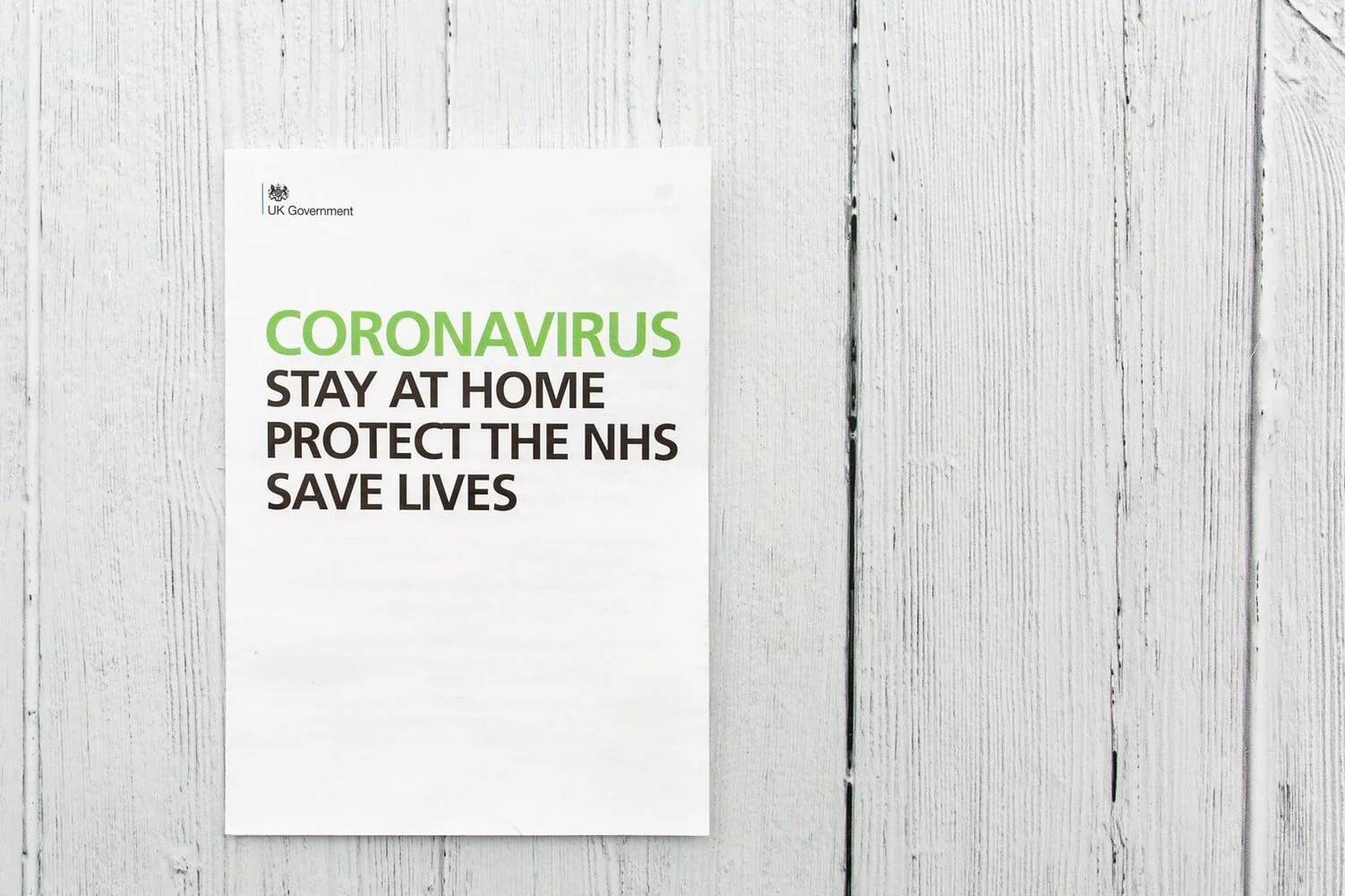Why Weighing Kids In Schools Is An Absolutely Disastrous Idea
This week, talks of health experts wanting schoolchildren to be weighed at school to ensure that they’ve lost weight gained during lockdown have circulated, bringing the subject of children and diet culture to the forefront. The suggestion from the National Obesity Forum includes two weigh ins – one in September, and one in the spring – to keep an eye on pupils’ weights. After panellists discussed the calls from the NOF on Channel 5 debate show Jeremy Vine On 5, the show took to social media and posed the question to its followers, which for the most part was met with outrage. Of course there were some people who agreed with the idea, including one of the show’s guest, former Brexit Party MEP Martin Daubney, throwing the good ol’ “obesity kills” argument into the ring, and saying, “we worry more about feelings over facts.”
I, like so many others, remember my experience of being weighed at school. Presented as an ‘experiment’, we each had to be measured and weighed, then have our BMI calculated, and put all data into a table on the whiteboard at the front of the class. We were then ranked in our groups from highest to lowest BMI, heaviest to lightest, and tallest to shortest. I remember telling my teacher that I didn’t want to be weighed and didn’t feel comfortable doing the experiment, but she told me to stop taking it so personally and be a team player, because “everyone else is doing it!” The thing is, I already knew that I would top those tables; I was the tallest girl at the time, and taller than a lot of the boys in the class, I was biggest (and so based off of my own assumptions was the heaviest), and as the public chart confirmed everything I’d dreaded. My peers would walk up the board, laughing at different people’s weights and heights, and with BMI thrown into the mix, comments like “oh my god, you’re like obese!” began darting around the room. I threw my lunch away that day, and whilst restrictive behaviours weren’t by any means new to me, it kicked off a resurgence that I never really escaped until many years later. You might say that the fact I remember it so vividly shows the level of trauma that one little supposedly harmless school experiment caused me.
I know that my feelings weren’t singular, and so many other kids feel the same way. Some are already grappling with disordered eating and bad body image, and some spiral into it afterwards. The combination of shame, humiliation and social acceptability ranking is so dangerous, and has so much to answer for. We already live in a world where thin is valued as better – and children are made acutely aware of this from a very young age – so actively making children hyperaware of their weight, weight loss, dieting and scaring them into avoiding obesity is the equivalent of throwing them to the lions. If some bright spark decides to make this a thing, you’re looking at an extreme ripple effect of consequences, ranging from a deeper-ingrained diet culture in young people to charities and organisations catering to those with eating disorders buckling under the added pressure (like they’re not suffering enough already). The knock-on effect is detrimental, and anybody who doesn’t see that clearly doesn’t value psychological wellbeing in the same way that they’d value physical health, when basically they are equally as important as each other.
This potential introduction of compulsory weigh-ins for kids teamed with the government’s Better Health campaign is asking for trouble. It’s been over 15 years since I was weighed in class that day, but I remember it like it was yesterday, and the thoughts and feelings that plagued me afterwards. Having finished treatment only two years ago, and still navigating the rocky road that is eating disorder recovery well into my adult years, I can safely say that being weighed (and subsequently chastised) at school was one of the worst days of my childhood, and undoubtedly is a large part of the reason why my eating disorder became so all-consuming (no pun intended) for so long. The belief that this is the only way to teach children about healthy eating and the importance of moving your body is naive, recklessly endorsing the idea that shaming someone for being fat will fix the problem (news flash: it doesn’t). Teachers are implored to find creative ways to teach children about all kinds of subjects, and this just isn’t it. Teach children about nutrition and the benefits of exercise without bringing weight into it. Taking it out of the equation not only encourages positive body image in kids (because they’re not fixed on the concept of weight), but also teaches them the tools to live a nutritious and active life, without bringing diet culture into it – something that’s much closer to a long-term, non-damaging solution. Schools have a responsibility to safeguard their students, just like they would in any other circumstance, and this is far from an acceptable protective measure.








